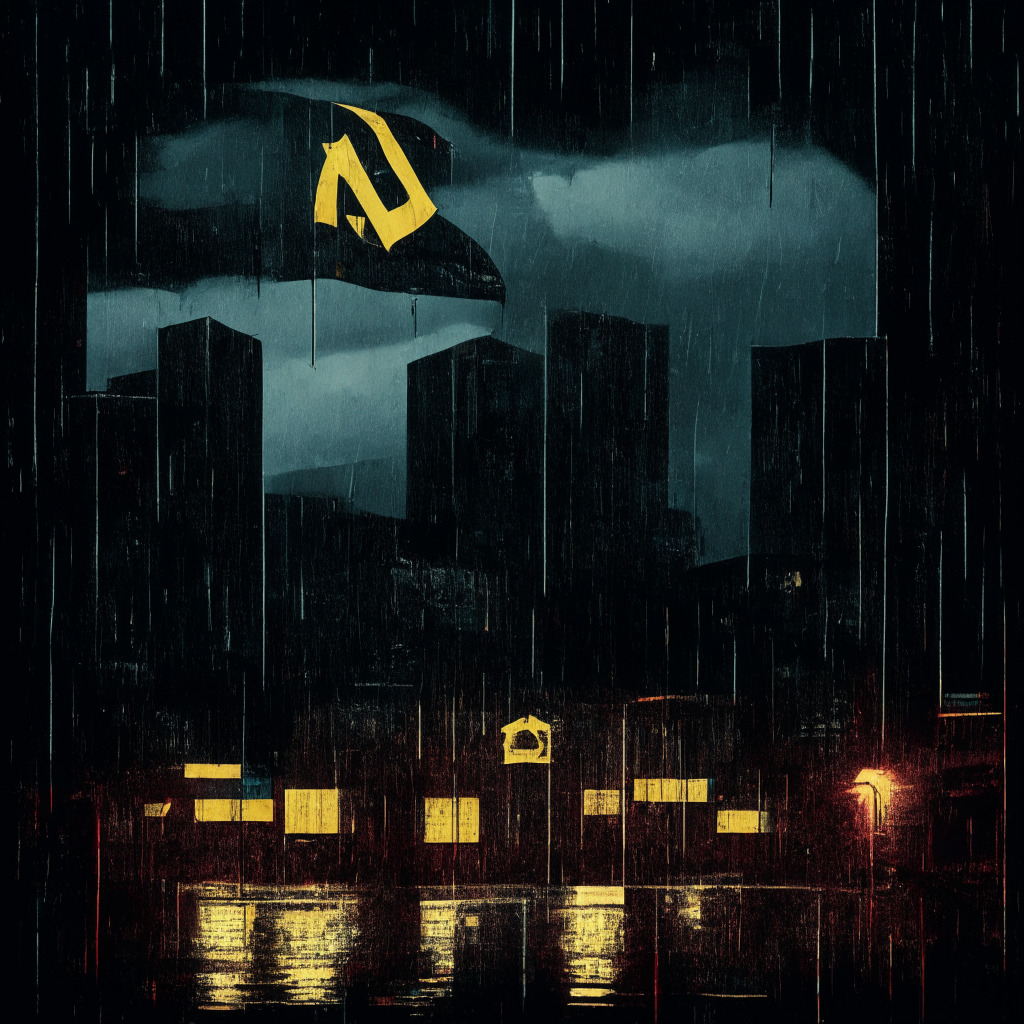Crises seem to be common in the world of cryptocurrency, and recent events surrounding South Korean crypto lending firm, Delio, prove that this risk is still quite substantial. The company on July 22 expressed alarm about the potential impact on their normal operations after a financial regulator seized the firm’s assets.
The company and its customers’ assets were comprehensively confiscated by the local regulator as a consequence of Delio’s ongoing legal dispute with depositors and recent asset seizure operations. Delio explained that these actions have not only hampered their ability to provide regular services but have underscored the need to safeguard Delio’s property in the interest of its depositors.
One repercussion of this was on the interest payments for deposit and vault users, which were halted as of July 24. Anything that required additional expenses, like interest payments and operational expenses, were put on hold. One might see common sense protection in such decisions considering the uncertainty, but these abrupt measures provoke skepticism.
Problems for Delio started when deposits and withdrawals were abruptly halted on its platform on June 14 “to safely protect the assets of customers currently in custody”. The halting, said to have been forced by market volatility caused by the suspension of deposits and withdrawals at sister lending company Haru Invest, provoked the regulator’s investigation.
The Financial Services Commission (FSC) accused Delio of fraud, embezzlement and breach of trust due to the “unilateral decision” to halt deposits and withdrawals, leading to a lawsuit. Delio was the subject of further regulatory hostility as some executives, including its CEO, were banned from leaving the country.
But the saga doesn’t end there, as the crackdown on the company continued with Delio’s assets, customers’ assets, as well as “cold wallets and ledgers”, being seized by the FSC. Delio, one of the most significant crypto lending platforms in South Korea, now faces intense scrutiny and potential collapse. As per the firm’s website, it’s overseeing about a billion dollars in Bitcoin, $200 million in Ether, and around $8.1 billion in altcoins.
While the contention around Delio’s operations appears stern, it raises a crucial question about the looming presence of regulatory bodies. Can there be too much regulation in the crypto world, thereby stymying innovation and growth? Or is this exact level of vigilance necessary to ensure fairness and transparency, safeguarding businesses and investors alike? Only future proceedings will clarify this dilemma, yielding lessons for the various stakeholders in the cryptocurrency eco-system.
Source: Cointelegraph




